Sharks Coaching
Coaches are specialized in their fields and work on optimizing desired outcomes for their clients, whether the goal is strength, muscle building, performance-focused, or nutrition-based. Some people prefer doing this all on their own, which is great, however sometimes it’s a lot to juggle when they have to take care of their family, work full-time, and deal with other life stressors. Creating an effective and comprehensive game plan takes a lot of time due to the amount of information and factors that are considered. Hiring a coach will help take this load off of the athlete so they don’t need to spend extra time on this aspect of their life and instead can dedicate more time to their execution.
What is the role of a coach?
The goal of a coach is to guide their clients down the right path and bring them to their goal in the most effective manner. They remove the stress of creating a plan for the client. Below are some of the main things coaches do, so that you don’t have to:
- Performs a “needs analysis”
- What does the client need? What are they doing now? What are they not doing?
- This allows the coach and client to discuss goals and set milestones.
- Analyze data and trends
- Example for nutrition coaching:
- How much weight was lost? Was there any muscle gain/loss?
- What impact did more carbs have on the body?
- What has been the trend over the past 6 months vs. the past 2 weeks?
- Example for nutrition coaching:
- Identify strengths and weaknesses
- This is vital. Many times, we are not aware of our own strengths and weaknesses. Coaches provide that outside perspective and can be honest with their view, and use this to set a plan that’s tailored to the client and improving their physique/health/performance.
- I’ll use myself as an example here. I have always been upper-body dominant because I liked training it more. I never realized how lagging my lower body was until I worked with a training team a few years ago. When we had lower body focused workouts together, it was then I realized how far behind I was. The coach of the team made sure to point it out, which I needed. If it wasn’t for that experience, I wouldn’t have realized that weakness and I would have continued training the way I was.
- Create a game plan for the client
- Creating a solid training and nutrition plan takes hours, if you’re doing it right. You have to look at data, consider life situations,
- Things nutrition coaches look at:
- Weight vs. time (weight vs. weeks, months, years)
- Macros/nutrition approach and how it affects the body
- How to adjust nutrition plan to reach goal
- What factors need to be improved and what changes must be made to the plan to correspond to those needs.
- Were there any roadblocks that prevented the client from reaching their short-term goals for the week/month/year? If so, what can we address and/or change to the plan in order to make it more suitable to the client?
- Things coaches consider for their training clients:
- Training Volume: What’s the training volume? Does it need to be increased or decreased?
- Goals: Are the selected exercises tailored to the person’s training history and goals?
- Joints and Injuries: How are the joints and body feeling? Are there any injuries that need to be addressed?
- Deload: Is a de-loaded needed? Are there any life stressors that need to be considered?
- For example, if someone has a big event coming up, training volume may decrease in order to create more of a life-balance for the client so that they are not stressing about training as much.
- Weaknesses: What are the lagging body parts and what exercises should be added to address these weaknesses?
- Data: If strength is the goal, what is the trending data showing?
- Sustainability: Is the training suitable for the client? Are they able to continue on or is it not fitting their style?
- Communicate with the client to answer questions
- If you are having a hard time with something or have questions, reach out to your coach and discuss it with them! This is what they are here for, to provide guidance and answer questions.
- Great coaching is based on effective communication. You do not need to talk to your coach everyday, but you should be providing them with as much data as possible through myfitnesspal/trainerize/whatever platform you use.
- Remind clients of the goal, successes, and areas of improvement
Nutrition and Fitness Coaching at Sharks
Sharks Gym specializes in nutrition. We have clients from all over the country and goals range from general weight loss to competition prep. The team is composed of knowledgeable and educated coaches who have experienced competing themselves and have guided many people to their goals. Our mission with nutrition is to educate our clients on how to approach nutrition in a healthy and effective manner to reach their objective(s). We offer the following:
- Access to the Trainerize Platform
- This App/Platform is the main mode of communication between client/athlete and coach
- We have a group chat on this platform so that you can communicate with the rest of the team
- One-on-one coaching with one someone from our team
- Individualized macronutrient based plan
- Weekly updates and feedback
- Correspondence/communication throughout the week as needed
We also offer personal training/coaching for lifestyle clients and athletes. We have several trainers on deck with a wide variety of styles!
